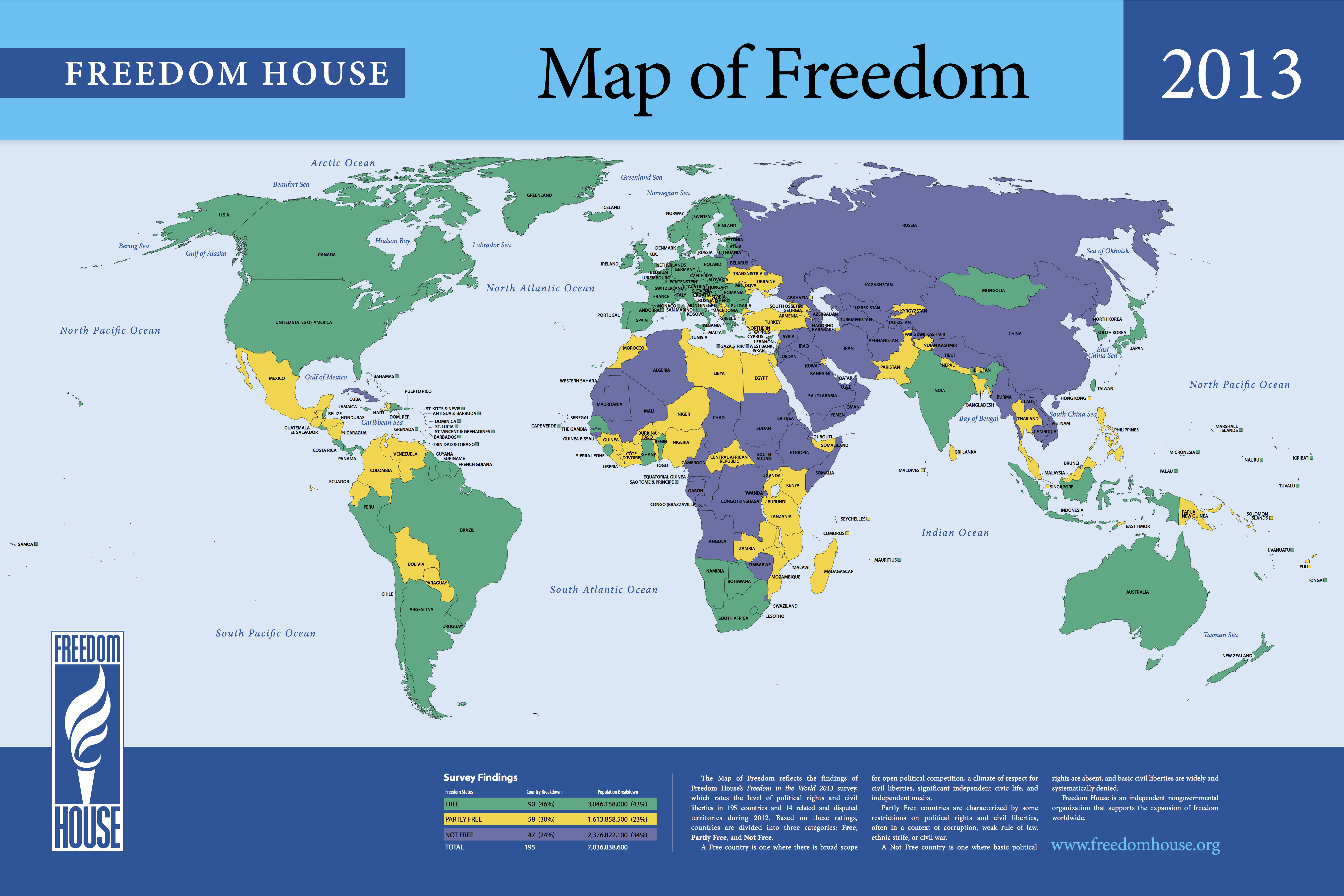Guest post by Allison Patch and Anne Frugé.
The 2016 election provides a reality-check about the frailty of America’s democracy. Republican nominee Donald Trump has reiterated his claim that the election is rigged in favor of Hillary Clinton and that he will only accept the results if he wins. If Mr. Trump refuses to concede the election, he will be the first candidate in United States history to do so.
Complaints about rigged elections blemish America’s past. However, Trump takes suspicions about fraud to new a new level by calling on “election observers” to monitor polling stations. Voter fraud is exceedingly rare, yet 41 percent of voters (and 73 percent of Republicans) believe fraud will happen this election. His appeals to supporters to make sure the other side isn’t “stealing the election” undermine our democratic institutions.
When the public’s confidence in electoral institutions weakens, so does the government’s legitimacy. As confidence in democracy’s effectiveness declines, popular frustration can be channeled into protests and even violence. If the majority of Trump supporters believe the election is “stolen” from their candidate, gatherings that begin peacefully may turn into heated confrontations. Already, the resolve of some supporters is hardening from emotions and words into violence (see here and here).
Equally concerning, Trump raised the stakes of this election through nativist, apocalyptic rhetoric and endorsements of violence. Critics warn that fraud allegations could lead to voter intimidation and violent confrontations; recent statements by Trump’s supporters substantiate these concerns. Some are even threatening a “revolution” if Clinton wins in November. It may come as no surprise, then, that half of likely voters expect violence at the polls. About 20 percent worry there will not be a peaceful transfer of power.
When candidates claim fraud, it can become a self-fulfilling prophecy
Trump’s move to delegitimize the electoral process is a well-worn strategy in new democracies (here are just a few examples). Two African cases in particular offer important lessons for the United States.
In Kenya, leaders in the ruling party and the opposition claimed fraud during the 1992, 1997, and 2007 elections. Virulent rhetoric about ethnic discrimination amplified tensions in an already fraught contest. Politicians from both sides sent armed gangs and private militias to polling stations to intimidate their opponent’s supporters, resulting in widespread violence and even ethnic cleansing in some parts of the country. All told, the cycles of violence in Kenya have left tens of thousands dead.
By accusing Clinton of rigging the election and calling on supporters to put a stop to it, Trump is priming his supporters for strong resistance to a loss in November. It is unlikely (but not impossible) that we will see violence similar to that experienced in recent elections in Kenya, Zimbabwe, Nigeria, and Côte d’Ivoire. By denying the legitimacy of the election process, Trump questions the credibility of the entire democratic system. Democracies can only survive if the public trusts the institutions.
Combining accusations of fraud with xenophobic rhetoric can incite violence
The nationalist movement Ivoirité began in Côte d’Ivoire in the 1990s. According to this doctrine, only “true” Ivorians (meaning individuals from ethnic groups originating in the predominately-Christian South) should be citizens. When Laurent Gbagbo became President in 2000, he passed Ivoirité legislation. Many people in the northern, predominantly-Muslim part of the country lost their citizenship because they could not prove their narrowly-defined “Ivorian” lineage—including the former Prime Minister, Alassane Ouattara. Ouattara was prevented from standing in the 1995 and 2000 elections. The debate over Ivorian citizenship devolved into a civil war from 2002 to 2007. Ouattara won the 2010 election, but Gbagbo refused to accept the results. Fighting renewed in Abidjan and over 3,000 people lost their lives.
Like Ivoirité champions, Trump also combines allegations of electoral fraud with xenophobic rhetoric. He has advocated building a wall and banning Muslims; made derisive comments about Mexicans, Mexican-Americans, and African-Americans; and curried favor with white nationalists. These positions intensify fears that “outsiders” will take things away from “true” Americans. Supporters also fear that they cannot protect themselves by working within the system. This is a recipe for violence, some of which we’ve already seen happening.
In sum, Trump’s campaign has energized a troubling undercurrent in American politics. Challenging the validity and legitimacy of our country’s democratic institutions, especially the electoral process, is a dangerous precedent. Recent history from a wide range of other countries clearly demonstrate that claims of rigging and fraud have the potential to unleash widespread violence in response to perceived injustices. While we cannot know for sure what Trump or his supporters will do if he loses, we should recognize that violence is a predictable result of his campaign’s strategy. It is imperative for our democracy’s future that we take this possibility seriously.
Anne Frugé is a doctoral candidate in the Department of Political Science at the University of Maryland. Her dissertation examines Africa’s nationality laws. She has published in The American Journal of Political Science and The Washington Post. Allison Patch is a PhD candidate in the Department of Government and Politics at the University of Maryland, College Park.








1 comment
Hillary surrogates have literally paid mentally challenged homeless people to attack people at Trump rallies and you’re concerned about Trump? I’m not even a Trump voter but you are missing the obvious cause of most of the violence seen in this cycle.